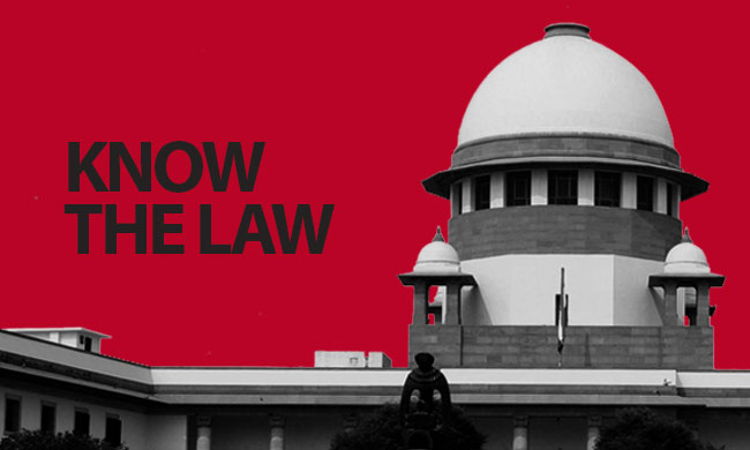Explainer : Doctrine Of Legitimate Expectation & Promissory Estoppel
Manu Sebastian
2 Dec 2020 8:37 PM IST

Denial of legitimate expectation can be a circumstance leading to arbitrariness and violation of Article 14 of the Constitution.
Next Story
2 Dec 2020 8:37 PM IST
